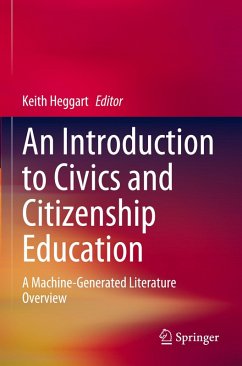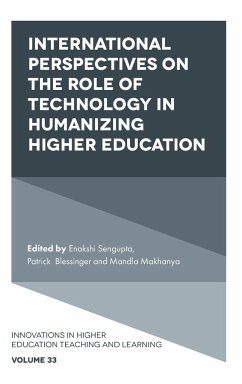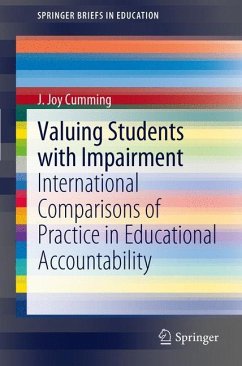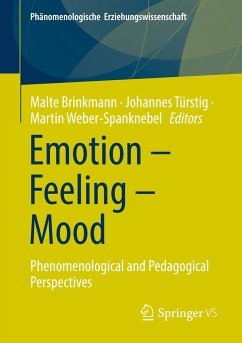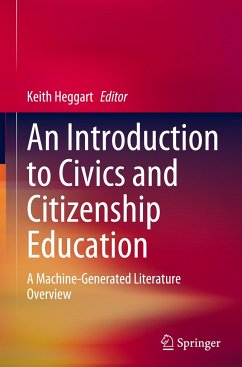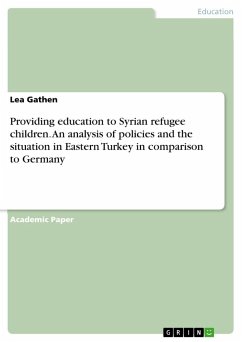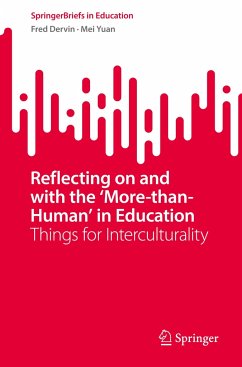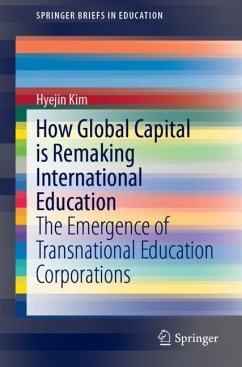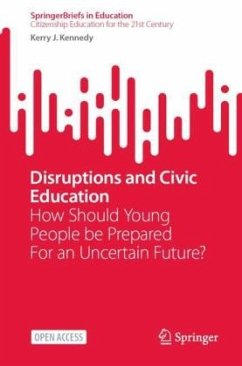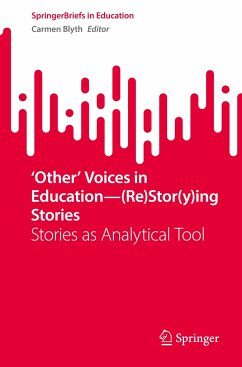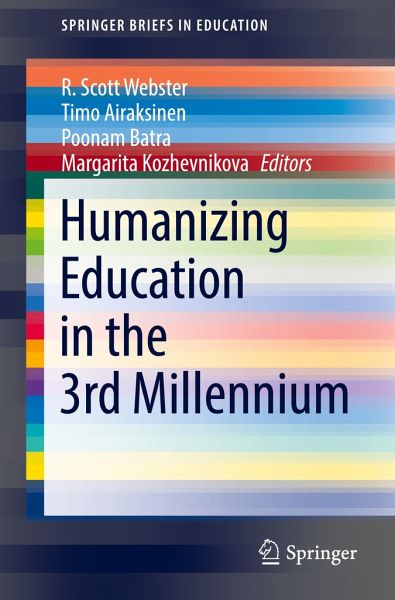
Humanizing Education in the 3rd Millennium

PAYBACK Punkte
19 °P sammeln!
This book proposes some insights and ideas into how education might be humanized. The chapters inform, provoke, and guide further inquiries into imagining and actualizing human education. It presents the view that education should be primarily understood as human education, which offers universal good for the entire planet. It centres around the significant values that make life, in a holistic sense, meaningful, worthwhile, and socially just. It discusses the fundamental idea that human education is the key to peace, individual and social freedoms, social justice and harmony, fraternity and ha...
This book proposes some insights and ideas into how education might be humanized. The chapters inform, provoke, and guide further inquiries into imagining and actualizing human education. It presents the view that education should be primarily understood as human education, which offers universal good for the entire planet. It centres around the significant values that make life, in a holistic sense, meaningful, worthwhile, and socially just. It discusses the fundamental idea that human education is the key to peace, individual and social freedoms, social justice and harmony, fraternity and happiness all over the world, and how educational ideals and methods must be reconsidered to achieve this end.
This book originates from an international conference and round-table, "Human Education in the 3rd Millennium," in July 2019 in Dharamsala, India.
This book originates from an international conference and round-table, "Human Education in the 3rd Millennium," in July 2019 in Dharamsala, India.



